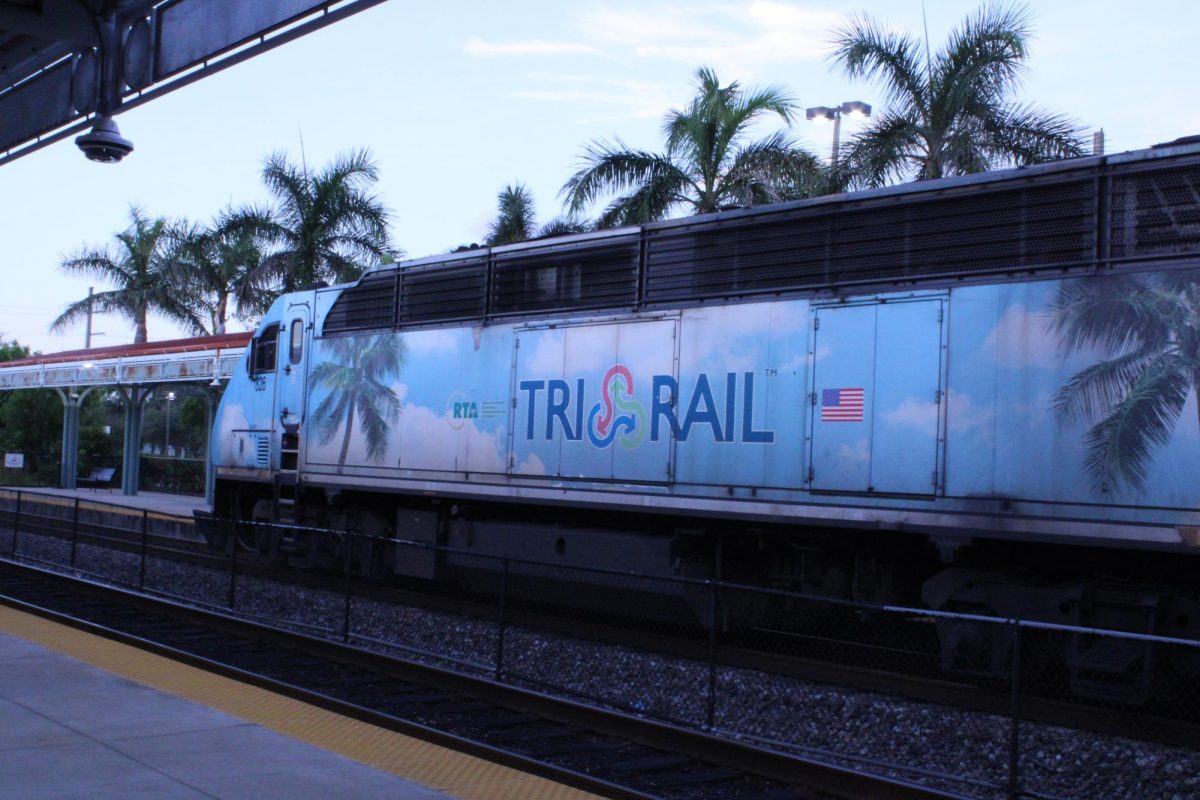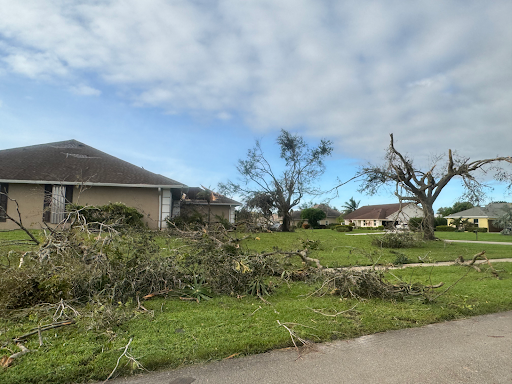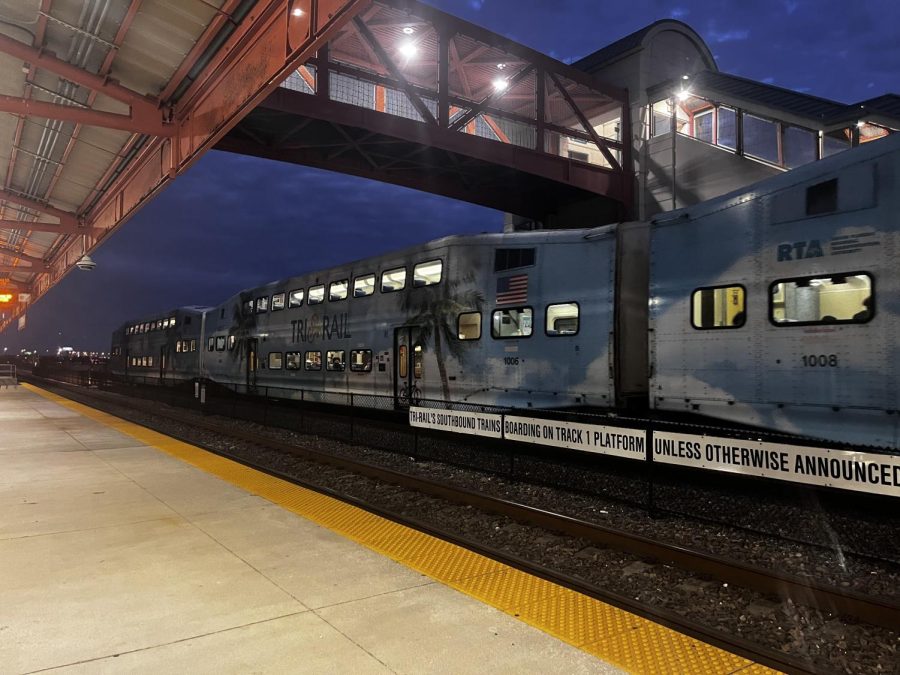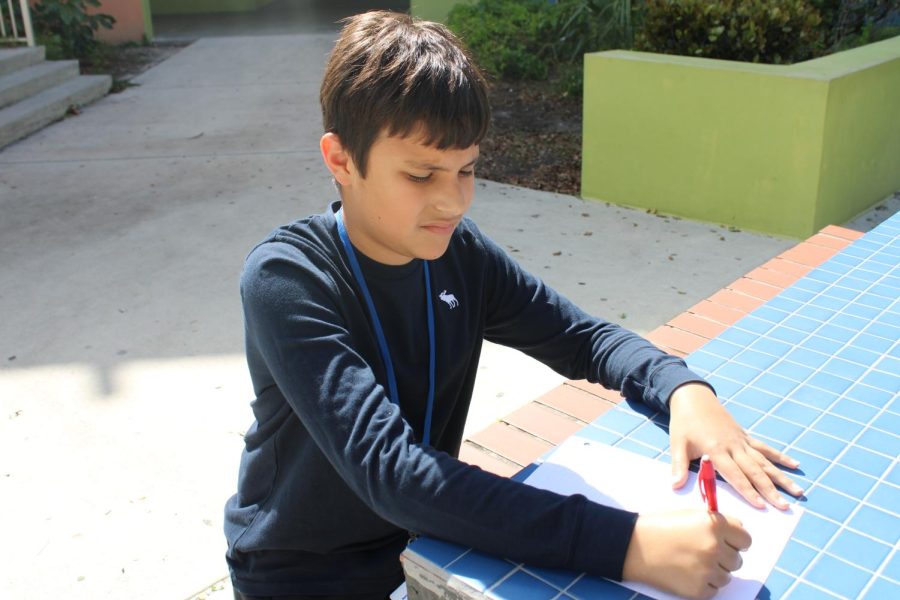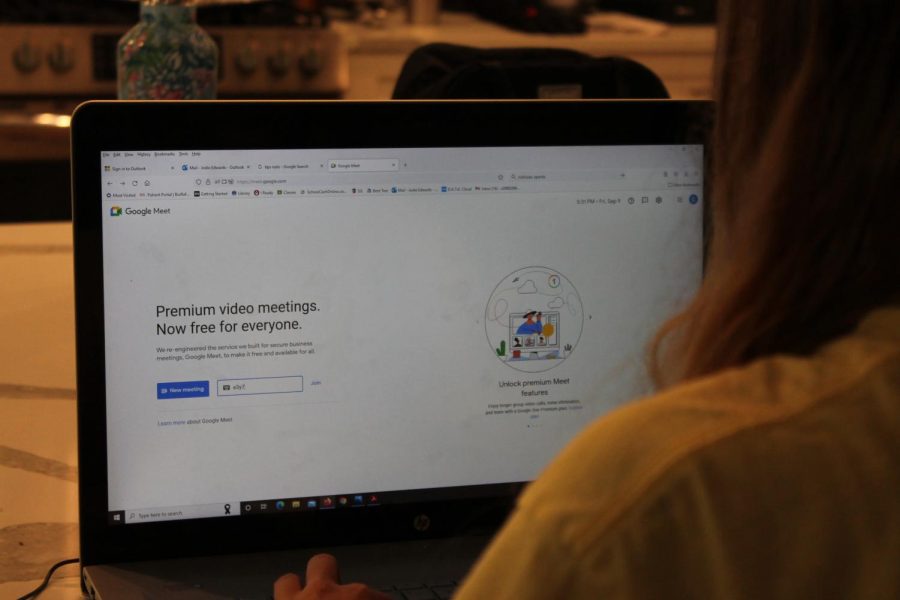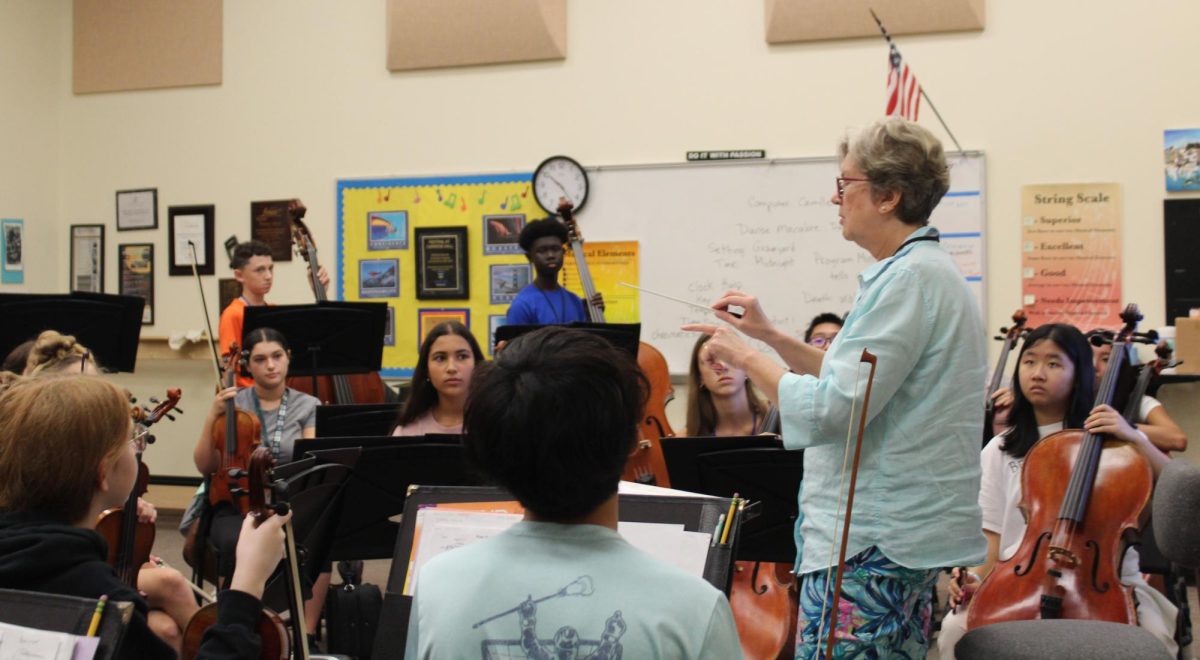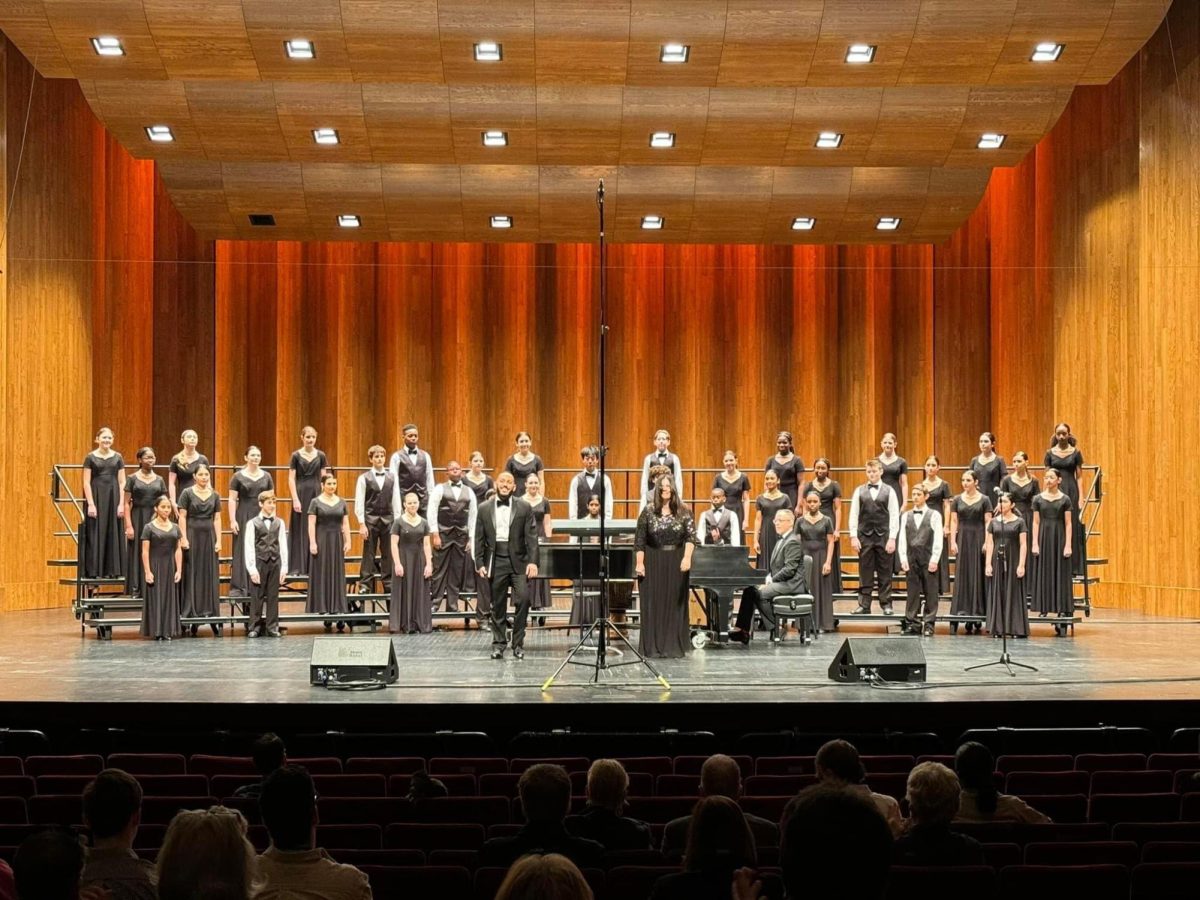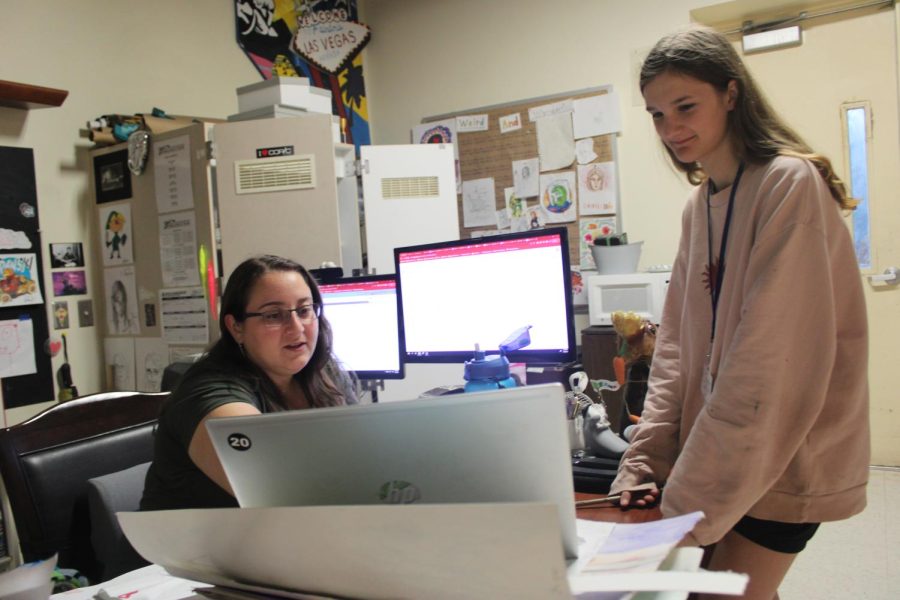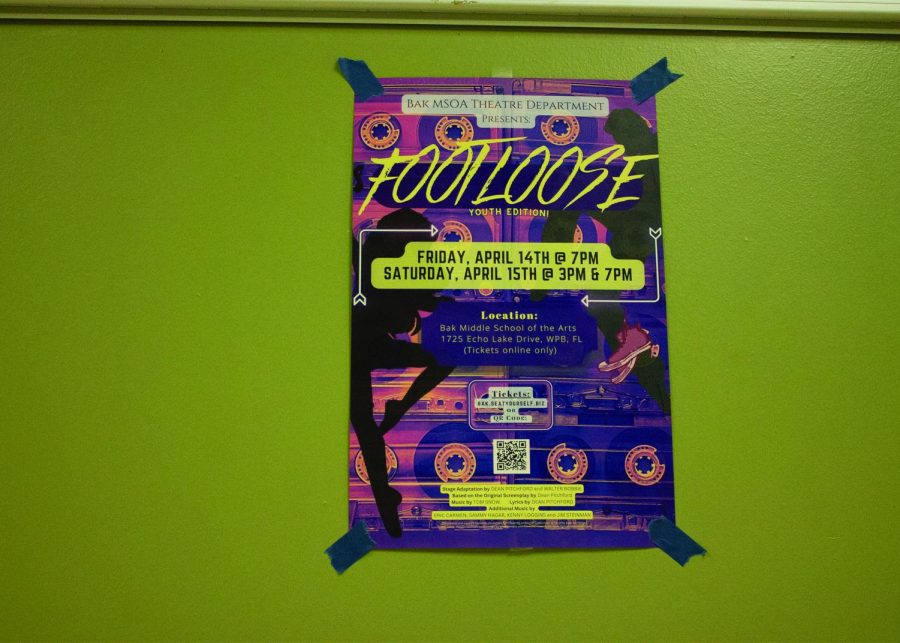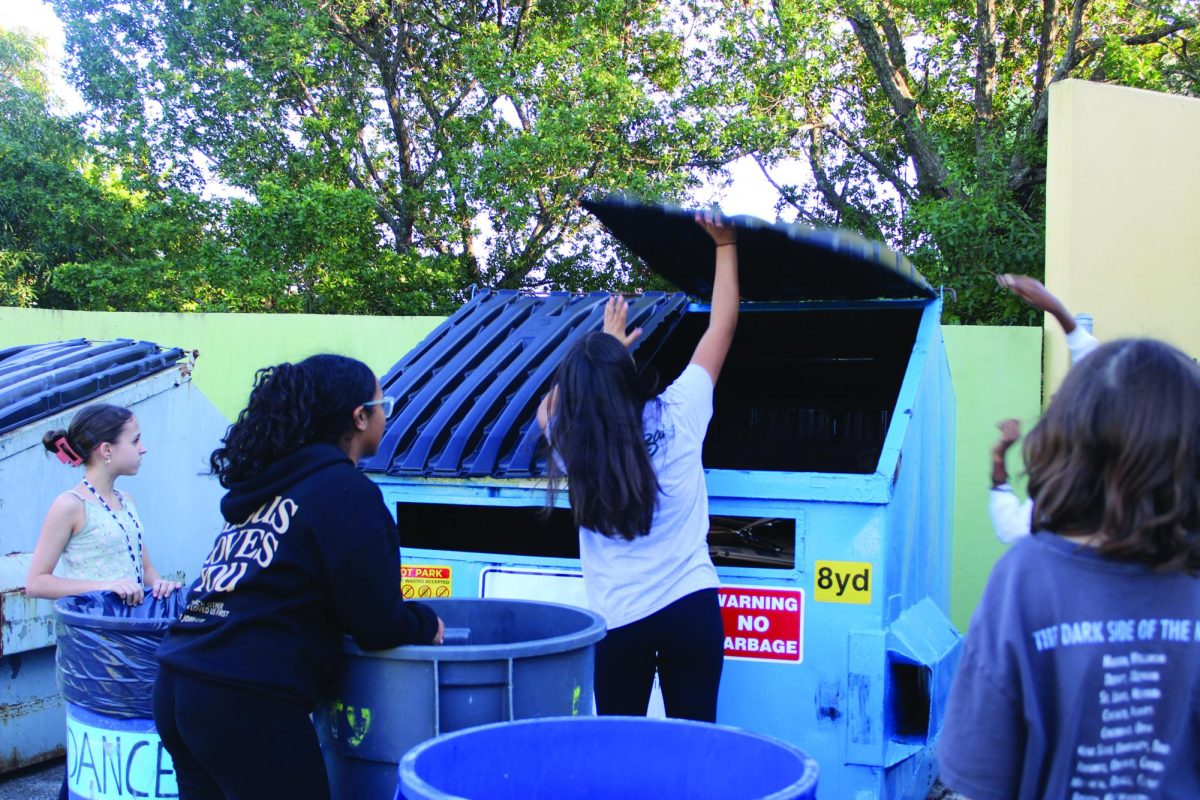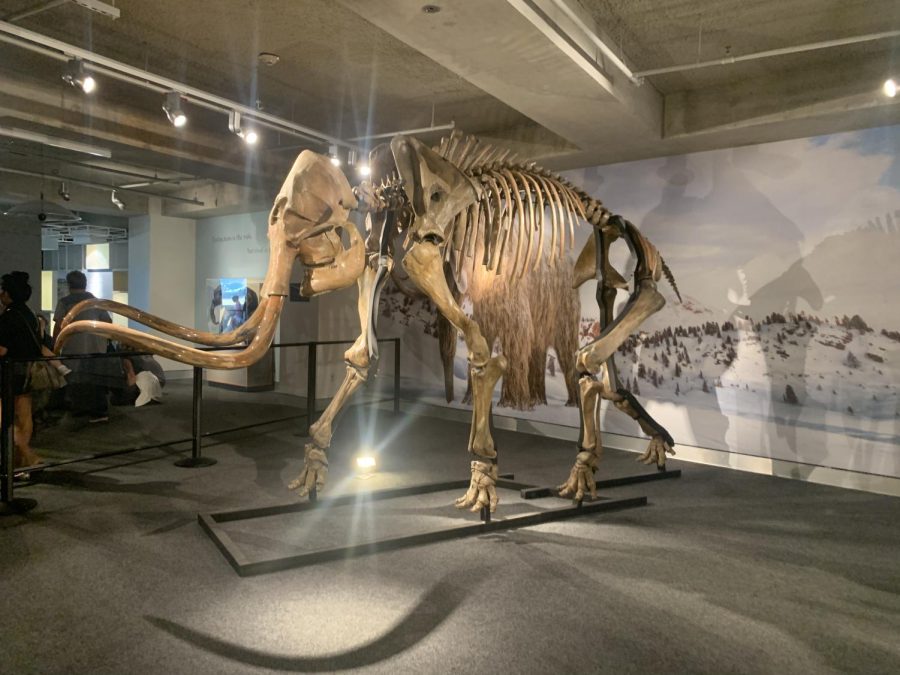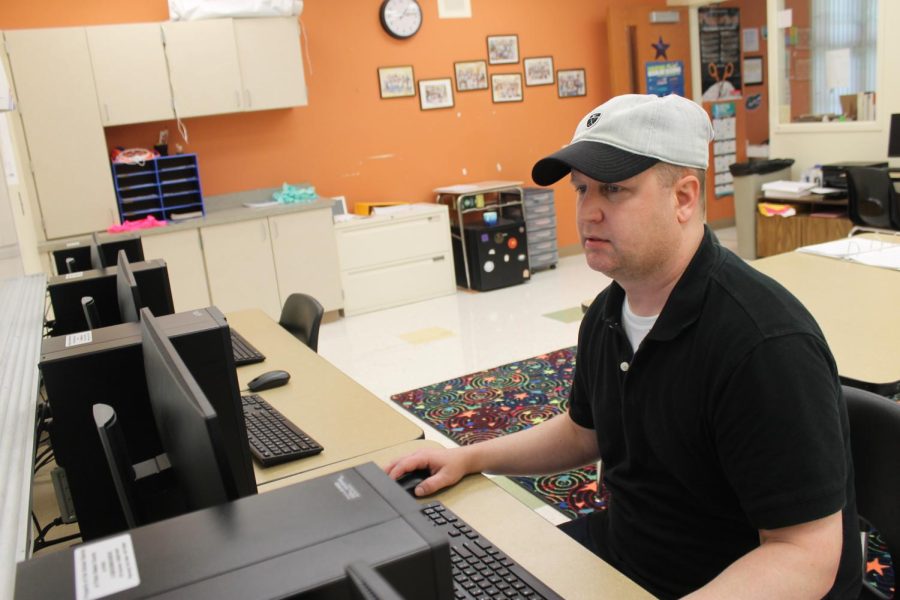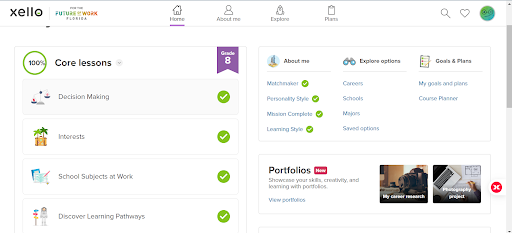Every morning, the loud sound of an incoming train fills students’ ears. They all rush onto the train, hoping to find the best seat possible. This is the nature of Tri-Rail, and many students wouldn’t be able to access school without it .However, there are challenges being faced daily.
Seating
Students find themselves rushing onto the train to find a seat to sit in with their friends. They may have to make sacrifices like being seated with someone they don’t know.
Even though this could be difficult, it does provide a great time for students to bond with their friends and meet others.
Olivia Hanlon, seventh grade vocal major, says, “Whenever we get on the train or whenever we wake up we have to worry about whether we are going to be able to sit with our friends that day. And a lot of us don’t have classes with our closest friends.”
Timing
Most of the time, the train is strategic and moves quickly. It can, though, create difficulties for students and staff when the train is late.
Assistant principal Daniel Stechschulte says, “The most challenging parts are really the things that are out of our control, which is really the Tri-Rail itself. There could be a number of reasons why the Tri-Rail is delayed, and we have to pivot. Sometimes those delays are very sudden or we receive them on very short notice.”
This can cause students to miss important details and assignments in class.
Hanlon says, “Especially In the morning, we have classes that are very important, and as a vocal major I have vocal classes early in the morning. I could miss warm-ups which causes problems in singing throughout the class period.”
If students don’t know the timing of the train, they may be late and miss it. This could cause even further issues if students need to drive.
Tri-Rail employee Tonya McClenehan says that the biggest concern is, “Just to make sure that all the kids get on the train and are here on time.”
Safety
Tri-Rail has many chaperones, making the train very safe for students. However, it can only be safe if we do whatever we can to make it safe.
Stechshulte says, “For example, making sure that when the train is in motion, they are seated because the train could come to an abrupt stop and we don’t want anyone to get hurt.”
If students follow these important rules, they can stay secure and strong. They must also listen to the directions of chaperones and other staff members.
Tri-Rail is a helpful mode of transportation, which students love. People are grateful that they can get to school this way, and they appreciate the safety it provides.



